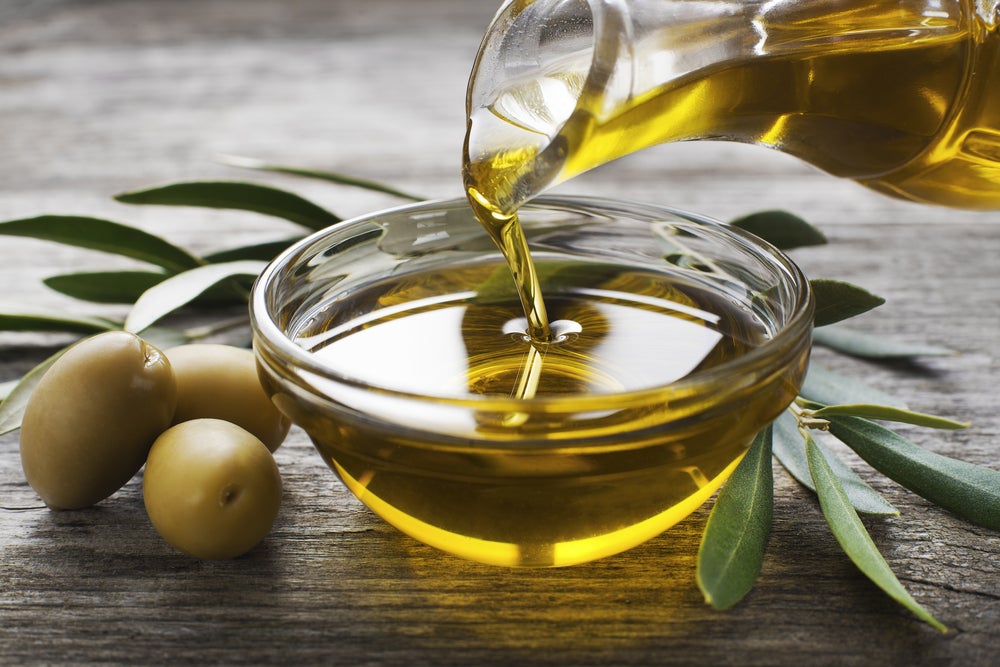A Quick Guide To Using Oils To Your Nutritional Advantage

Photo: Shutterstock.com

Oils are fat—the good kind. Our bodies cannot produce essential fatty acids such as omega-3 and omega-6, but we need them for all cellular activity. Oils capture the essence of flavor from their source and concentrate their nutrients in a way that is easy for the body to absorb. Follow this guide for the best way to use them.
RELATED: Is Coconut Oil Good For My Health?

Flax Seed Oil
Benefits: Anti-inflammatory, cardiovascular support, helps regulate blood pressure.
Contains: Omega-3, some omega-6
Best Used: In smoothies, salad dressings or alone. Also serves as a vegetarian alternative to fish oils.
RELATED – Racing Weight Recipe: Flaxseed And Herb-Crusted Chicken

Walnut Oil
Benefits: Helps collect free-radicals created from oxidative stress, supports brain function; antibacterial and antiviral.
Contains: Phytonutrients, antioxidants, omega-3 and trace minerals selenium, magnesium, zinc, iron and B1, 2, 3
Best Used: In salad dressings, smoothies and desserts.

Sesame Seed Oil
Benefits: Supports vascular and respiratory systems.
Contains: Calcium and lignans
Best Used: For finishing steamed veggies or soba and in tahini.

Almond Oil
Benefits: Excellent antioxidant.
Contains: Vitamin E
Best Used: Good in smoothies and desserts.

Coconut Oil
Benefits: Fat burner, immune builder, promotes digestion and metabolic pathways, helps control blood sugar
Contains: Medium chain triglycerides
Best Used: In smoothies; for baking, sautéing.

Olive Oil
Benefits: Helps increase good cholesterol
Contains: Omega-9
Best Used: For sautéing or topping steamed veggies or pasta, and in salad dressings.

Peanut Oil
Benefits: Can help reduce cholesterol
Contains: Moderate amount of polyunsaturated fats, higher in monounsaturated.
Best Used: For frying or high heat sautéing